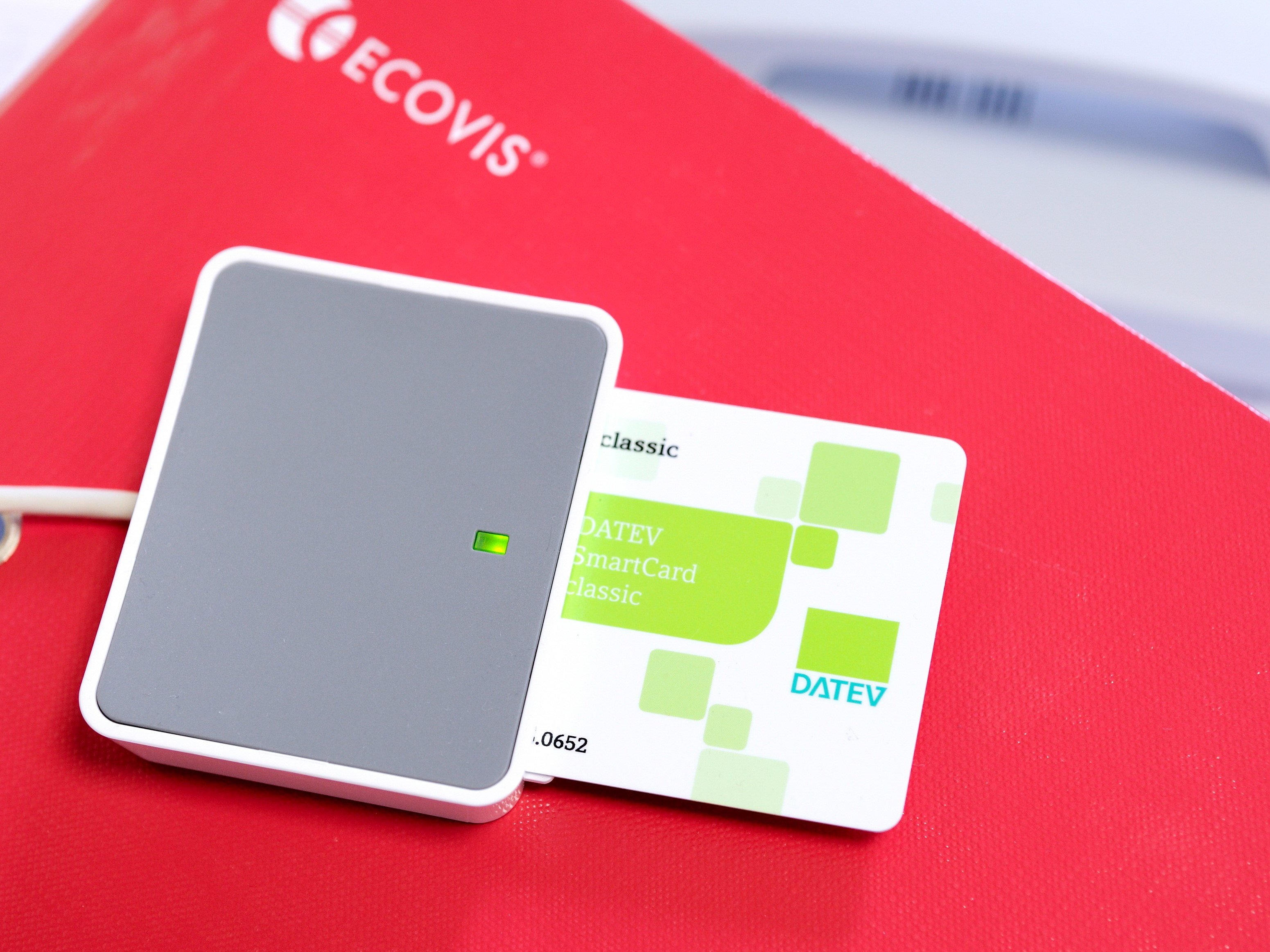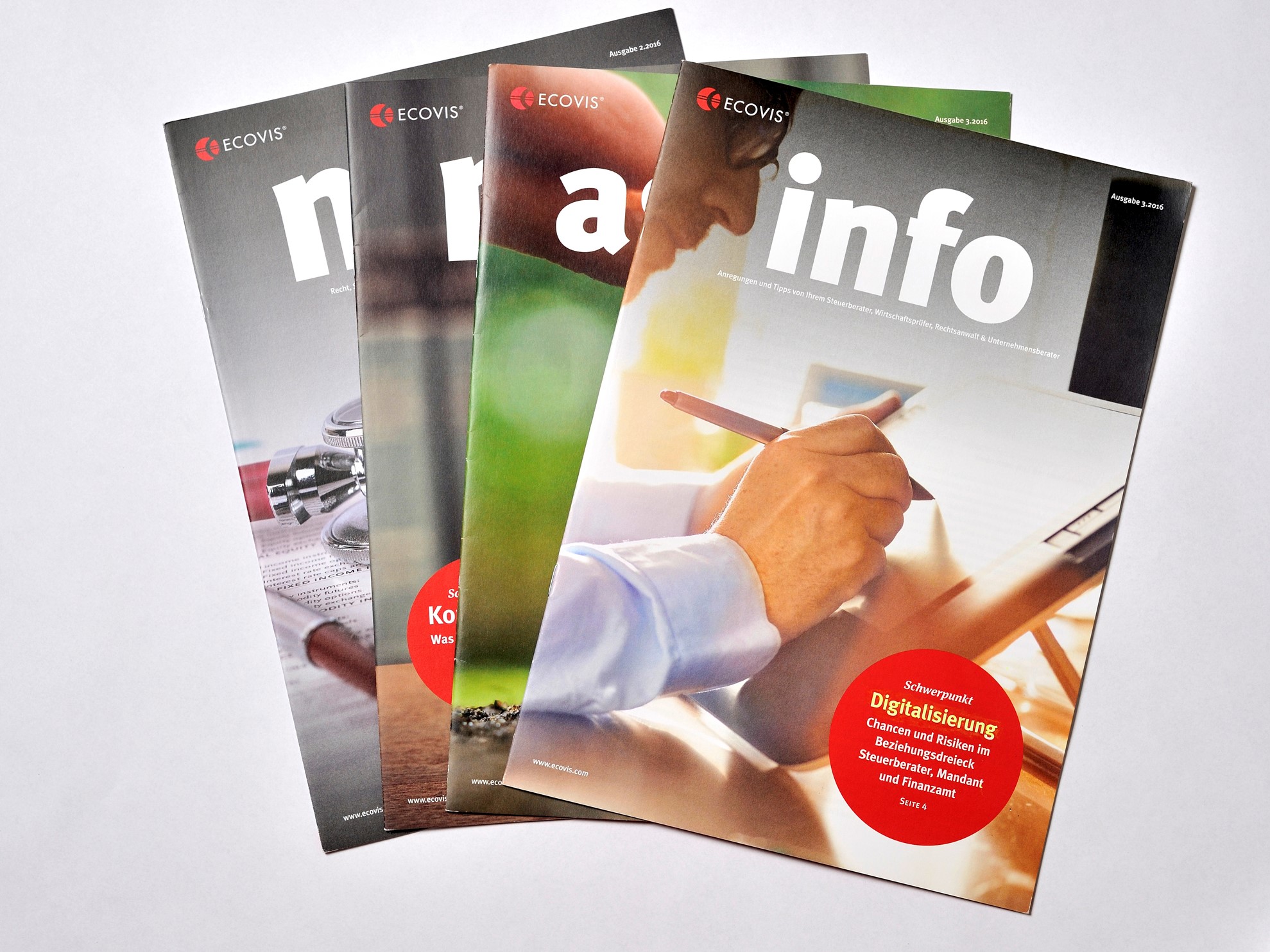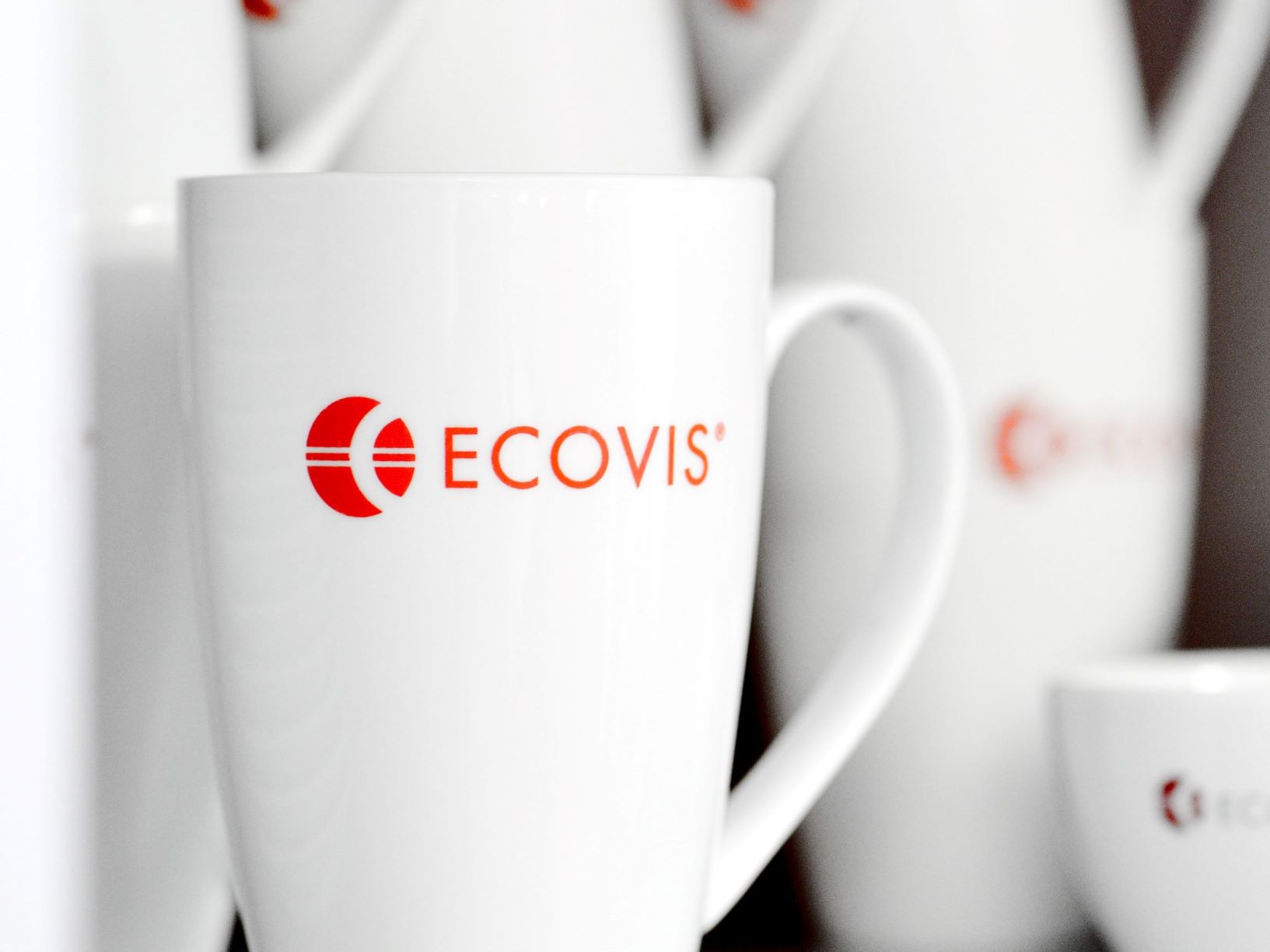Digitally signed Czech labour documentation
Possibility of using electronic signatures or other alternative digital forms for concluding the employment contracts in the Czech Republic
ECOVIS ježek on Electronic Personnel Documents and the possibility of using electronic signatures or other alternative forms for concluding the employment contracts in the Czech Republic.
This article summarizes the possibilities of using electronic signatures or other alternative digital forms possible for documents authorization through on-line verification services when concluding the Czech employment contracts and other documentation incl. communication with employees with regard to Czech labour documents under the rules of applicable laws of the Czech Republic and relevant legislation of European Union.
ELECTRONIC SIGNATURES, BIOMETRIC SIGNATURES AND OTHER POSSIBLE FORMS IN THE CZECH REPUBLIC
Electronic signatures in all their alternatives are currently very increasingly used as an alternative to common personal signatures. Apart from officially recognized (and common now) electronic signatures, there are also other alternative forms which are continuously gaining more ground, especially on-line services capable of verifying the documents remotely, based on the consent of the other contracting party. This article does not deal with officially recognized electronic signatures as these signatures can be already used for execution of documents without questioning of the legal validity of such document.
A biometric signature is an option where the signature of a document is made on a special device (e.g. on a tablet or so-called sign-pad), which records a "picture" of the signature itself, as well as many other specific parameters, such as pen pressure and speed etc. The authenticity of the biometric signature can therefore be retrospectively examined by an expert opinion, as can be the authenticity of the signature on the document in paper form. The biometric signature should be truly unique, specific to each individual and inimitable to anyone else. In addition, a biometric signature is firmly linked to a specific document that the person has biometrically signed and cannot be transferred to another document. If a file (typically a PDF file) is signed with biometric signature, special applications allow the signature to be embedded in the document as metadata, or graphically, for example, in place where the signature is usually placed – in the document's signature clause. It is no longer necessary to print the signed document and it is therefore possible to store all documentation electronically only. For the biometric signature to be created, any electronic document must be signed by a particular person, and in person. Therefore, it is not possible to use automatic electronic tags and thus it is not possible to use this kind of signature for services that operate fully automatically, without any human intervention (i.e. data box system). Signature data should be stored in an encrypted form in the document, and therefore protected against possible misuse. The decrypting key for particular signature data should then be securely stored, and made available only for expert examination purposes. The signature itself is not stored anywhere separately from the document, and therefore users do not have to be afraid of their signature being misused.
Another option is to use a verification service, which is able to send a document (contract) to the other party together with login details through which the party can “sign” the document, or rather confirm its wording and authorize it electronically – on-line. This method is becoming increasingly frequent, especially in business relations, despite the lack of precise legislative regulation. In the context of labor relations, the employer, in particular, might encounter several problems, which we describe below.
ELECTRONIC SIGNATURE LEGISLATION IN THE CZECH REPUBLIC
The Czech legislation does not govern the legal relations with regard to electronic signatures in a complete manner, because the technology is way faster than any legislation could ever be, but the European Regulation (EU) No 910/2014 of 23 July 2014 on electronic identification and trust-building services for electronic transactions, in connection with its reflection in the Czech legal system in the form of Act No. 297/2016 Coll., on services forming trust for electronic transactions ("Czech Electronic Transactions Act") can be applied in the Czech Republic.
The Czech Electronic Transactions Act provides that electronic signature can be in a form of a guaranteed electronic signature, a certified electronic signature, a recognized electronic signature, or any other type of electronic signature. The last type of signature (the plain electronic signature) can be used in all cases, where the Czech Electronic Transactions Act do not stipulate an obligation to use a guaranteed electronic signature, which is in particular in cases of public documents, where it is a matter of trust in electronic transactions within a public service. Therefore, in private relations, any other type of electronic signature, i.e. almost any electronic data (so-called "other type of electronic signature"), should be sufficient.
Contracts concluded under the private-law and executed in electronic form can be therefore electronically signed by any type of electronic signature, which shall be considered as the equivalent of a handwritten signature. In our opinion, as an "other type of electronic signature" can be considered any alternative that provides the guarantees required for the “signature” as such by Czech law, i.e. if the content of the document is accurately captured despite the electronic form, and the signing party identification is ensured, it should be accepted with the same legal validity as the handwritten signature. Signature as such shall keep in all cases its purpose of an identification tool and a guarantee of authenticity, resp. protection against counterfeiting.
EMPLOYMENT CONTRACT AND ITS OBLIGATORY REQUIREMENTS IN THE CZECH REPUBLIC
The employment contract is a bilateral legal act and therefore the signatures of both contracting parties (employer and employee) are necessary. Act No. 262/2006 Coll., the Labor Code (the “Czech Labor Code”) requires an obligatory written form for the employment contract, but does not further specify whether a written employment contract must be printed on paper or whether it can only be sent electronically to the employee in order to fulfill the condition of its written form. But please note that according to the provision of Section 34 (1) of the Czech Labor Code, each contracting party must receive one copy of the relevant employment contract. Therefore we are of the view that the employee has to receive the final agreed version, confirmed by both parties, in form enabling saving and printing.
According to the Czech Labor Code, Act No. 89/2012 Coll., the Civil Code (the ““Czech Civil Code”), applies to labor relations in a subsidiary manner. In this case, we can use the provisions of the Czech Civil Code regarding the written form of a contract. Pursuant to Section 561 (1) of the Czech Civil Code, the validity of any legal act performed in a written form requires a signature of the acting person and in some cases, where it is typical to do so, the signature may be replaced by mechanical means, such as a stamp, or any other method stipulated by another law regulation. (“The validity of a juridical act made in written form requires the signature of the acting person. The signature may be replaced by mechanical means, where it is typical to do so. Another legal regulation provides how a document can be electronically signed when making juridical acts by electronic means.”). Pursuant to Section 562 of the Czech Civil Code is written form also maintained if made in electronic form (“Section 562 (1) Written form is also maintained in juridical acts made by electronic or other technical means which enable its contents to be captured and the acting person to be identified. (2) The records of data on juridical acts in the electronic system are presumed to be reliable if they are recorded systematically and sequentially, and if they are protected against alterations. If a record has been made in the operation of an enterprise and the other party invokes it to his own advantage, the record is presumed to be reliable.”). The Czech Electronic Transactions Act further provides how the document may be electronically signed in legal acts performed by electronic means.
The requirement of a written form is of course fulfilled in the case where the employment contract or other document is executed in paper form and signed (physically) by the specific person. However, according to the current prevailing practice, the requirement of a written form is considered fulfilled even if the document (the employment contract) is written only in electronic form (e.g. as a document in PDF format), and subsequently electronically signed. An employment contract drawn up in this way should therefore also be considered a validly concluded employment contract. On the other hand, a mere electronic document without an electronic (albeit simple electronic) signature (e.g. in the form of an e-mail message) does not fulfill the condition of a written form. This conclusion is in line with the current decision-making practice of the Czech Supreme Court, which in judgment 26 Cdo 1230/2019 of 22 May 2019 concluded that a simple e-mail without an electronic signature does not meet the requirement of written form. This the judgment is highly controversial, as it is in breach of Article 3 para. 10 of the "eIDAS" Regulation (Regulation (EU) No 910/2014 of the European Parliament and of the Council), which in principle equalizes paper and electronic documents, and also, the prevailing practice so far considered an e-mail message stating the sender's name and e-mail address to be a legal act made in writing. Nevertheless, the above conclusion of the Supreme Court must be taken into account, at least until otherwise decided in a similar case in the future, and therefore, in the cases where the e-mail is used as a form for legally binding contractual negotiations, always use at least a simple electronic signature.
The Czech Labor Code in Sections 334 – 337 allows the employer to deliver documents to the employee by means of an electronic communications network or other electronic service, but only in case where the employee has granted a written consent with such delivery and has provided the employer with an electronic address for such delivery.
It is in our view questionable, if the delivery provisions can be also used for execution of the employment agreement. But if the future employee has provided the employer with his/her e-mail address and agreed to e-mail communication and subsequently has accepted the employment contract in electronic form (if possible along with the unique password for the purpose of confirmation/authorization of such document) and duly confirmed/authorized such document, and consequently began to work or otherwise act under such a contract, it should not be possible to question the existence of the employment relationship even if there was no proper written consent (with electronic signature). Abovementioned applies of course only in cases, when the employer is able to prove, that he has all the evidence supporting the duly delivery of the documents (if possible along with the unique password to the employee), including confirmation of the employee's consent to the wording of the document sent – confirmation of authorization of the document by the employee. Please note, that even if the employment contract was not concluded properly, the employment relationship shall be considered valid as a so called “factual employment relationship” (Section 20 of the Czech Labor Code provides for following “If legal action has not been taken in the form required by this law and the performance has already begun, it is not possible to invoke the nullity of such conduct in those acts whereby the fundamental labor relationship arises or changes.”).
ALTERNATIVE FORMS OF ELECTRONIC SIGNATURES OR ELECTRONIC AUTHORIZATIONS FOR CZECH EMPLOYMENT CONTRACTS
According to the Czech Electronic Transactions Act, it is possible to sign documents electronically by means of a guaranteed electronic signature, a certified electronic signature, a recognized electronic signature, or any other type of electronic signature, given that the guaranteed electronic signature is required only in cases of public documents, where it is a matter of trust in electronic transactions within a public service.
In the labor relations, if the employer is not a public entity (e.g. the state, organizational unit of the state, territorial self-governing unit, etc.), the private employers have a relatively wide choice of what to use as "their" electronic signature ("simple electronic signature", or in the words of the abovementioned Czech Electronic Transactions Act, the so-called “other type of electronic signature”). The Czech law does not limit the form of this simple electronic signature, and therefore a number of options which can be used is really wide. For example, the employer can send an unique password to the employee, which the employee uses and therefore express his or her consent with the content of the document (“signs the document”). It is also possible to use, for example, a scanned image of a physical signature embedded in a document, a specific logo or image embedded in a document, or a biometric signature. When choosing a form of simple electronic signature, the employer should keep in mind that clear identification of the signatory (employee) is necessary in each case, which can be quite difficult for some of the above forms of simple electronic signature. For the employers in the public sector (the abovementioned public entities), the Czech law explicitly imposes an obligation to use the so-called "recognized electronic signature".
Use of verification services, where the employee confirms his/her agreement to the wording of the employment contract with the help of a unique password, which the employer sends to such employee by e-mail, is in our view also possible to use, given that the employer is able to fulfil several conditions. The unique password or other access-granting data for the purpose of approving/authorizing the wording of the employee contract must be demonstrably sent to the e-mail that the employee identified as a contact address for communication (e.g. in a job interview). The approved version of the employment contract with the verification clause must be subsequently stored by the employer, together with other data proving the delivery of unique access data to the employee and confirmation of employee’s approval/authorization of the employment contract. The employer should have these data backed up in a way that protect them even in cases, when the verification service provider has ceased to operate and is no longer able to store such data for the employer. It is also possible to store such data externally, typically at some type of cloud storage, but the employer should in such case inform employees where and how their data are stored, pursuant to legislation on protection of personal data. As stated above, please note that according to the provision of Section 34 (1) of the Czech Labor Code, each contracting party must receive one copy of the relevant employment contract. Therefore, we are of the view that the employee has to receive the final agreed version, confirmed by both parties, in form enabling saving and printing. Despite meeting all of the above conditions, this way of “concluding” the employment contract can be, in our opinion, valid only after the employee commence the work stipulated in such contract for the employer. According to the Czech law, the factual employment contract is constituted when the employee starts to work for the employer, even without valid written employment contract. This factual employment contract is then further confirmed by an electronic copy of the contract, and by proving that the electronic contract was actually sent to the employee and the employee duly approved it.
In the event of potential disputes that may arise in employment relationships or in case of inspections by state authorities, the employer has to prove that the employment contract was properly concluded and duly executed in obligatory written form (in particular compliance with the written form and the existence of proper signatures in a form that can be considered a valid electronic signature or electronic confirmation of the contract).For such reason, it can be recommended to always se forms of the electronic signatures, that can provide the employer with a certain level of evidence, such as a biometric signature, at least for the signing of documents that will be decisive for possible future disputes (e.g. employment contracts).
However, it should be pointed out that the factual employment relationship is in principle not legally allowed and the employer may commit an administrative offense pursuant to Section 25 para. 1 letter a) and b) of Act No. 251/2005 Coll., on Labor Inspection, as amended.
SUMMARY
Electronic signatures and all their alternatives as handwritten signature equivalents are used more and more commonly, mostly to ease administrative and paperwork.
Despite the lack of legislation, electronic documents, and therefore also the use of electronic signatures have entered even into a labor law. Employers who have a large number of employees can, by using those new technologies, significantly relieve their personalists from administrative burdens and also contribute to more efficient work, considering that searching in an electronic database is always much faster than within dozens of paper contracts. It should be noted, that this is not yet a common practice, but in the context of further increase of digitization and electronic communications, we believe that from a legal point of view it is acceptable practice, though in many respects still very imperfect and not regulated in detail.
The employer shall be careful, in particular, with regard to the settings of the electronic document system itself, in order to be able to prove, at all times, e.g. in the event of an employment dispute or to a Labor Office inspection, that the employer is in possession of a written form of each employee's employment contract, duly executed by both parties, or otherwise prove that the employee agreed upon or authorized the employment contract and that, the employee commenced the work based on such contract. As we already mentioned above, we recommend using a dynamic biometric signature, mostly for the employer protection, but we suppose that the option of an employment contract approved or authorized by the employee with a unique password is also possible, and cannot be excluded only because there in not any relevant legislation yet.
For more information, contact us at:
JUDr. Mojmír Ježek, Ph.D.
ECOVIS ježek, advokátní kancelář s.r.o.
Betlémské nám. 6
110 00 Praha 1
e-mail: mojmir.jezek@ecovislegal.cz
www.ecovislegal.cz
About ECOVIS ježek advokátní kancelář s.r.o.
The Czech law office in Prague ECOVIS ježek practices mainly in the area of Czech commercial law, Czech real estate law, representation at Czech courts, administrative bodies and arbitration courts, as well as Czech finance and banking law, and provides full-fledged advice in all areas, making it a suitable alternative for clients of international law offices. The international dimension of the Czech legal services provided is ensured through past experience and through co-operation with leading legal offices in most European countries, the US, and other jurisdictions. The Czech lawyers of the ECOVIS ježek team have many years of experience from leading international law offices and tax companies, in providing legal advice to multinational corporations, large Czech companies, but also to medium-sized companies and individual clients. For more information, go to www.ecovislegal.cz/en.
The information contained on this website is a legal advertisement. Do not consider anything on this website as legal advice and nothing on this website is an advocate-client relationship. Before discussing anything about what you read on these pages, arrange a legal consultation with us. Past results are not a guarantee of future results, and previous results do not indicate or predict future results. Each case is different and must be judged according to its own circumstances.














